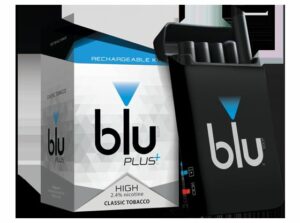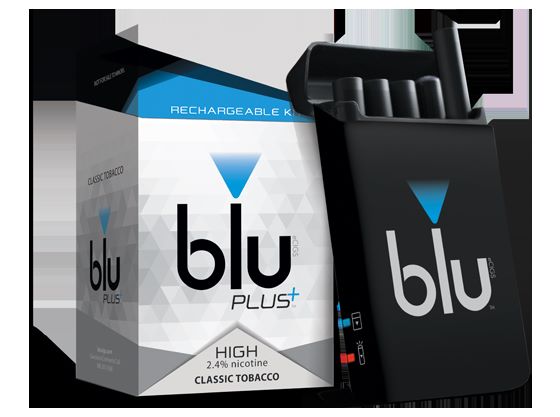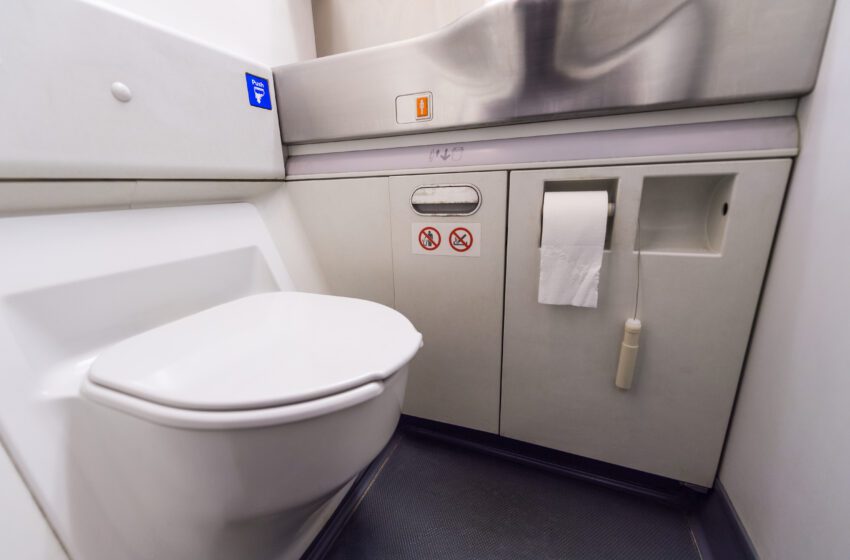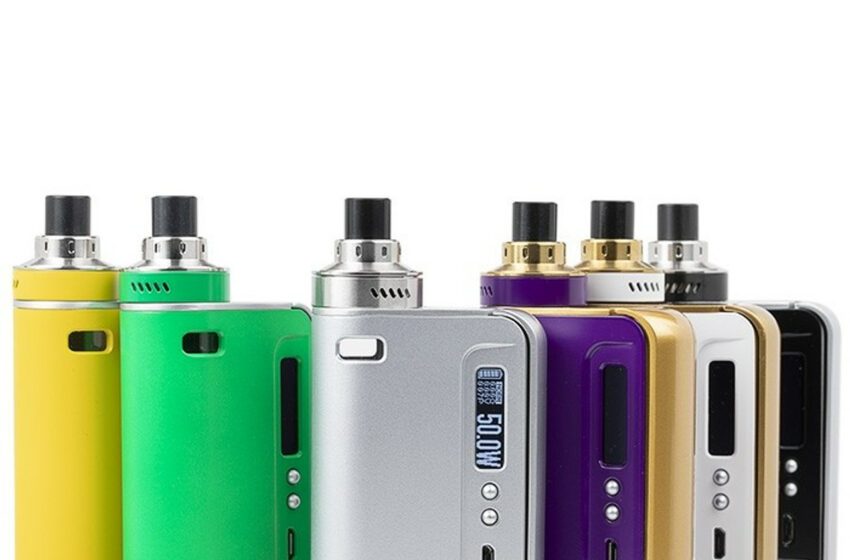
The U.S. Food and Drug Administration has issued marketing denial orders (MDOs) to Shenzhen Youme Information Technology Co. Ltd. for two Suorin brand e-cigarette products. It also issued Fontem US, LLC MDOs for its Blu PLUS+ brand e-cigarette products.
“Thorough scientific review of tobacco products applications is a key pillar of FDA’s comprehensive regulatory approach,” said Brian King, director of FDA’s Center for Tobacco Products (CTP). “It is the applicant’s responsibility to ensure that sufficient scientific evidence is included in an application to meet the necessary public health standard required by law. In these cases, such evidence was lacking.”
The companies must not market or distribute these products in the United States or they risk FDA enforcement action. The companies may submit new applications for the products that are subject to these MDOs, according to an agency press release.
The FDA denied Suorin Air refillable vaporizers in various colors and an empty refillable cartridge. The FDA stated that Suorin Air’s empty cartridges would allow consumers to fill the cartridge with an e-liquid purchased separately.
“The applications submitted by Shenzhen Youme Information Technology Co. Ltd. lacked sufficient evidence regarding abuse liability, which is the ability of a tobacco product to promote continued use and the development of addiction and dependence,” the release states.
SMOK recently had 22 products denied, including devices, pods, atomizers, and cartridges. It was the first time the agency has denied strictly hardware products from one company en mass. The products were denied because they were submitted without a specific e-liquid to be used with the devices, according to the FDA.
The denied Blu PLUS+ products include a battery and several prefilled e-liquid pods:
- blu PLUS+ Battery
- blu PLUS+ Carolina Bold 2.0%
- blu PLUS+ Classic Tobacco 1.2%
- blu PLUS+ Classic Tobacco 2.4%
- blu PLUS+ Gold Leaf 1.2%
- blu PLUS+ Gold Leaf 2.4%
- blu PLUS+ Menthol 1.2%
- blu PLUS+ Menthol 2.4%
“Among other deficiencies in their applications, Fontem US, LLC failed to include sufficient ingredient information, harmful and potentially harmful constituent (HPHC) yield quantities, and abuse liability information.,” the FDA stated. “In addition, the applicant did not provide sufficient evidence demonstrating that the flavored new products have a potential to benefit adult smokers, in terms of complete switching or significant cigarette use reduction, that would outweigh the risk to youth.
“In addition, the applicant did not provide sufficient evidence demonstrating that the flavored new products have a potential to benefit adult smokers, in terms of complete switching or significant cigarette use reduction, that would outweigh the risk to youth.
The FDA also issued MDOs for additional blu PLUS+ products not listed above. The regulatory only publicly names products that the FDA or the manufacturer has confirmed to be currently marketed to avoid the release of confidential commercial information.



 RLX Technology presented its “
RLX Technology presented its “





 More specifically, the applicant failed to provide sufficient data to characterize constituent delivery, product stability, and product abuse liability.
More specifically, the applicant failed to provide sufficient data to characterize constituent delivery, product stability, and product abuse liability.








